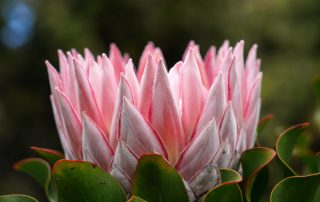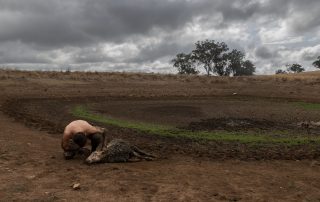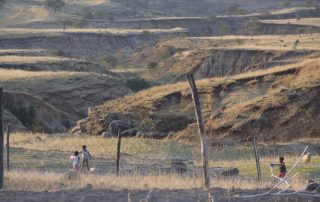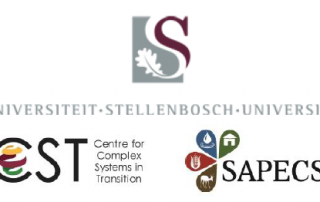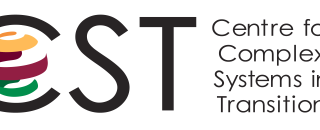The GRIN Meeting: A ‘third place’ for managers and scholars of social-ecological systems
The Garden Route Interface and Networking (GRIN) meeting, which SAPECS co-hosts, was initiated in 2017 with the aim of creating a third place for dialogue on, and advancement of, research and practice dealing with the interactions between natural and social systems, and with how those interactions affect the challenge of sustainability. Dirk Roux and colleagues have written an article on the role of the GRIN meeting as a third place, in the latest volume of the South African Journal of Science, which can be accessed here. The next GRIN meeting is set to take place from 6 - 8 October [...]


